lawenforcement
Latest

Chinese authorities claim they can read deleted WeChat messages
China is clearly fond of its far-reaching surveillance, but it's making some particularly boastful claims. An anti-corruption watchdog in Hefei claimed that a division in a nearby city managed to obtain a "series of deleted WeChat conversations" from one of its suspects. Supposedly, the scrapped chats let investigators question other participants and discipline them. Officials deleted the post on April 29th, but it had already sparked a minor panic on social networks -- did this mean the government could dig through your chat history at will?

Axon opens ethics board to guide its use of AI in body cameras
Axon (formerly Taser) is keenly aware of the potential for Orwellian abuses of facial recognition, and it's taking an unusual step to avoid creating that drama with its body cameras and other image recognition systems. The police- and military-focused company has created an AI ethics board that will convene twice per year (on top of regular interactions) to discuss the ramifications of upcoming products. As spokesperson Steve Tuttle explained to The Verge, this will ideally establish a set of "AI ethics principles" within police work where certain uses are off-limits.

EU may follow US push for easier data sharing across borders
Last month, US lawmakers passed legislation updating how law enforcement gets access to native companies' data held overseas. The new CLOUD Act, as it's called, had its supporters (big tech corporations like Apple, Google and Engadget's parent company Oath) and detractors (privacy advocates like the EFF) and redefines how the US negotiates with other nations for corporate information -- including text messages, emails and documents. Now the European Commission has proposed its own version of those rules to speed law enforcement access to data.
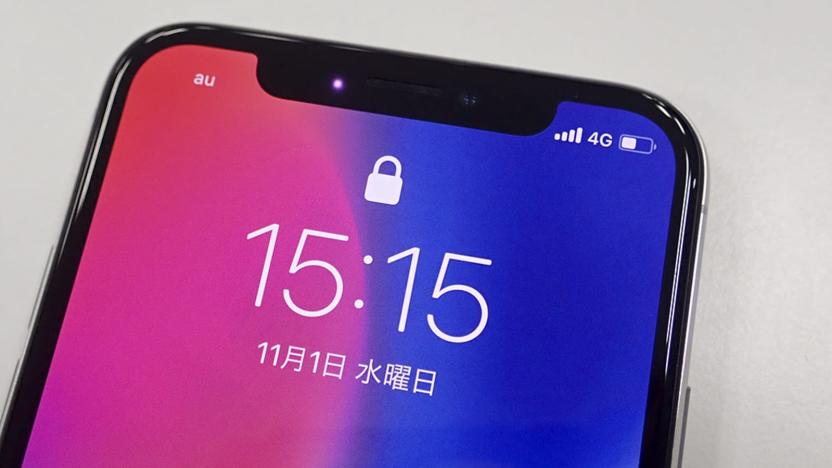
Police across the US are buying an affordable iPhone cracker
More and more authorities in the US are getting access to an affordable device that can unlock iPhones, according to Motherboard. The publication's investigation has revealed that a number of local and regional police forces, including Maryland's and Indiana's, have either already bought or are thinking of buying a new piece of iPhone-cracking technology called GrayKey. It reportedly works even on phones running iOS 11, Apple's latest mobile platform, and even if authorities are using it on an iPhone X. Motherboard says the State Department already has one of its own, while the Secret Service and the Drug Enforcement Administration are planning to buy some.
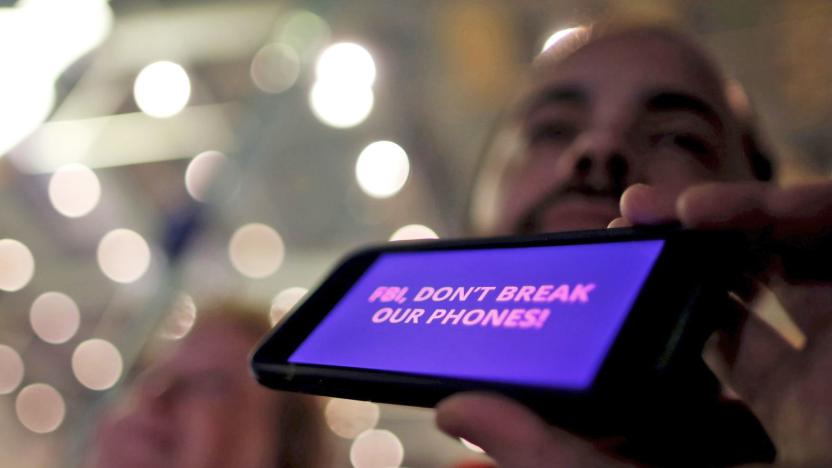
DOJ renews push to require access to encrypted devices
No, US law enforcement hasn't given up on its dreams of forcing tech companies to allow access to encrypted devices. New York Times sources have learned that the Department of Justice and the FBI have been meeting with security researchers in an effort to develop systems that would let police reach encrypted data without making them vulnerable to hacking. At the same time, officials have reportedly renewed talks about asking Congress to draft and pass legislation requiring the use of those mechanisms. The White House circulated a memo in February giving agencies ways to consider "solving the problem," according to the news outlet.
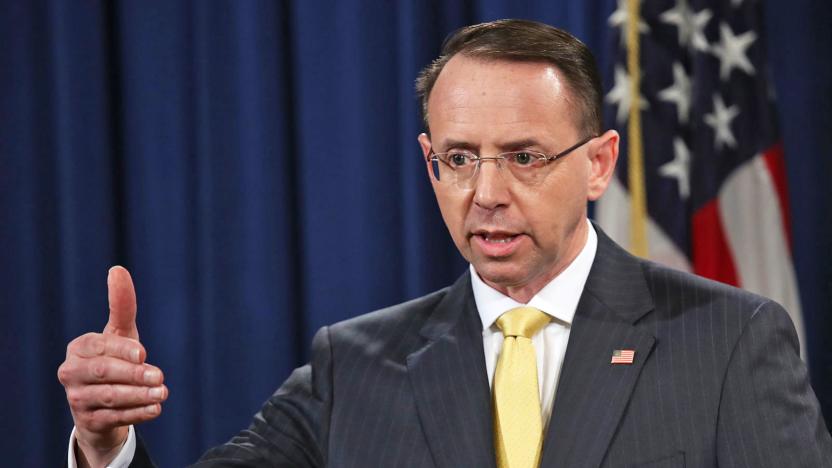
DOJ indicts nine Iranians for state-sponsored hacking effort
This morning, the Department of Justice announced that nine Iranians have been indicted for an alleged hacking campaign affecting 320 universities around the world, 144 of which were US institutions. The individuals are believed to have been working for the Iranian government and have been accused of stealing research from the affected institutions. They've been indicted on seven federal crimes including computer fraud, wire fraud, conspiracy and identity theft.
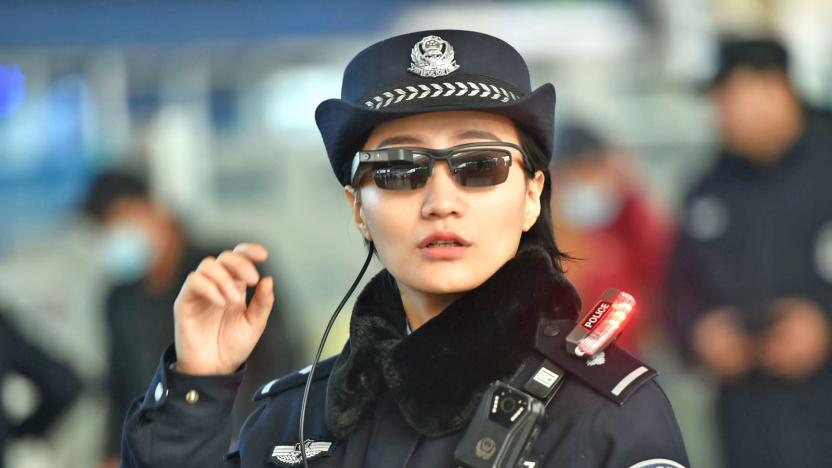
China’s law enforcement expands use of facial recognition glasses
Police in China are expanding their use of facial recognition glasses. Last month, law enforcement in the country used LLVision Technology's facial recognition glasses to spot criminals evading the law or train and plane passengers using fake IDs among the millions traveling for the lunar new year. Now, Reuters reports, police are using them to check travelers and car registration plates outside of Beijing ahead of Parliament's annual meeting in the city.

FBI arrests CEO of company selling custom BlackBerrys to gangs
Custom, extra-secure BlackBerry phones remain a staple of the criminal underworld, and a recent bust just illustrated this point. Motherboard has learned that the FBI arrested Vincent Ramos, the founder of the well-established phone mod seller Phantom Secure, for allegedly aiding criminal organizations that include the Sinaloa drug cartel. The company altered BlackBerry and Android devices to disable common features (including the camera and web browsing) while adding Pretty Good Privacy for encrypted conversations. And it wasn't just turning a blind eye to the shady backgrounds of its customers, according to investigators -- it was fully aware of who was involved.

White House wants to let law enforcement disable civilian drones
The White House is gearing up to request that law enforcement and security agencies be allowed to track and shoot down civilian drones, Bloomberg reported. An official told the publication that the effort has been underway for months and it involves a number of US agencies, but didn't specify many details of the plan.
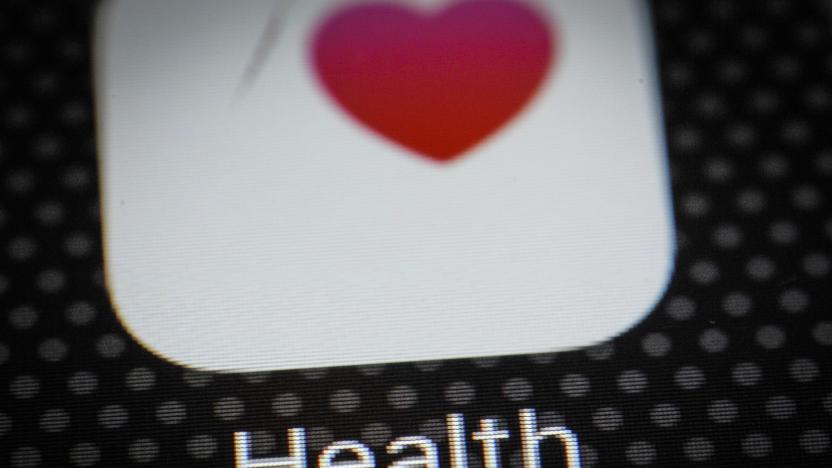
Apple Health app data used as evidence in rape investigation
Law enforcement might have difficulty accessing iPhones, but it can obtain a wealth of information when it does get in. German investigators have used data from iOS' built-in Health app as evidence in the investigation of a rape and murder case. Police cracked the suspect's phone with the help of an unnamed Munich company and discovered Health data that corresponded with his reported activity the day of the crimes, which included dragging the victim down a river embankment and climbing back up. The suspect's Health app appeared to have registered this last action as two instances of stair climbing, and an officer obtained similar results when replicating the accused's movements.

Dutch police retire convocation of drone-catching eagles
Police in the Netherlands may have been a tad too hasty in testing a squadron of drone-catching eagles. NOS has learned that Dutch law enforcement officials are retiring the birds (they're going to new homes) and winding down the program. Not surprisingly, the decision is a response to both actual demand as well as the performance of the birds themselves.

Judge rules NYPD needed a warrant before using cell-site simulator
A Brooklyn judge has ruled that because the New York Police Department (NYPD) used a cell-site simulator, also known by the brand name Stingray, to track down a murder suspect without a warrant, some evidence against the suspect will be thrown out. As the New York Times reports, the NYPD initially denied using such a device in this case, but later conceded that it had. Following the suspect's arrest, he was picked out of a lineup by another victim, and that's what is being tossed out.
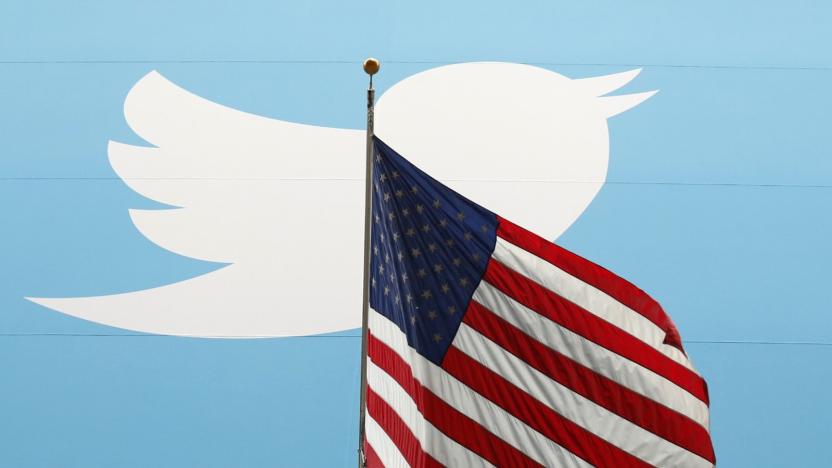
DOJ demands Twitter account info following discussion of an agent
Law enforcement is often eager to protect its own, but it might have overstepped its boundaries in an online case. The Department of Justice has sent a subpoena to Twitter demanding complete account info for @popehat (Ken White), @pogowasright (Dissent Doe), @dawg8u (Mike Honcho), @abtnatural (Virgil) and @associatesmind (Keith Lee) after security researcher Justin Shafer mentioned them in a tweet. While the post itself is a single smiling emoji, the DOJ believes they support cyber stalking allegations against Shafer over his response to a questionable FBI raid on his home. It's a bit complicated, so we'll elaborate.

Study says body cameras don't always change police behavior
In theory, body cameras are supposed to not only catch police abuses of power, but deter them: officers will be on their best behavior knowing that they could be hauled in. As Washington, DC researchers have learned, though, that isn't guaranteed. They've published a study showing that body cameras didn't significantly affect officers' use of force or the number of civilian complaints in either direction. While there were actually 74 more uses of force per 1,000 officers when body cams were present, that's roughly consistent with a typical range of differences when the equipment comes into play. The changes could just easily be pinned on variances in crime rates, in other words.

New York City ordered to share code for DNA evidence software
Many attempts to open up access to software in the justice system have fallen flat. Advocates in New York, however, have just scored a significant victory. A federal judge has publicly unsealed the source code for DNA analysis software previously used in New York City's crime lab, Forensic Statistical Tool, after ProPublica motioned for its disclosure. There are concerns that the software may have sent innocent people to prison by incorrectly determining that a suspect's DNA was likely to be part of a mix of genetic material (such as the handle of a gun). Public access to the code could theoretically catch flaws in the methodology and clear someone's name.
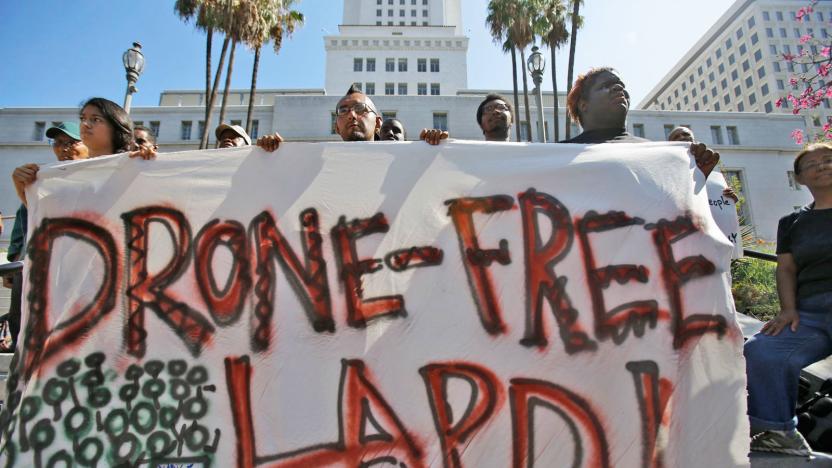
Los Angeles police will test drones despite privacy concerns
American police have certainly used drones before, but not on this scale. The Los Angeles Police Commission has voted in favor of letting the LAPD fly drones in a year-long pilot program, making it the largest US police department to ever rely on the robotic aircraft. The force will use the drones for aerial searches, recon in tense situations (think: standoffs) and other tasks where officers would otherwise be at risk. The machines could save lives, according to the LAPD, but there were numerous concessions made to address privacy concerns -- and some people still aren't convinced these limits will prevent abuse.
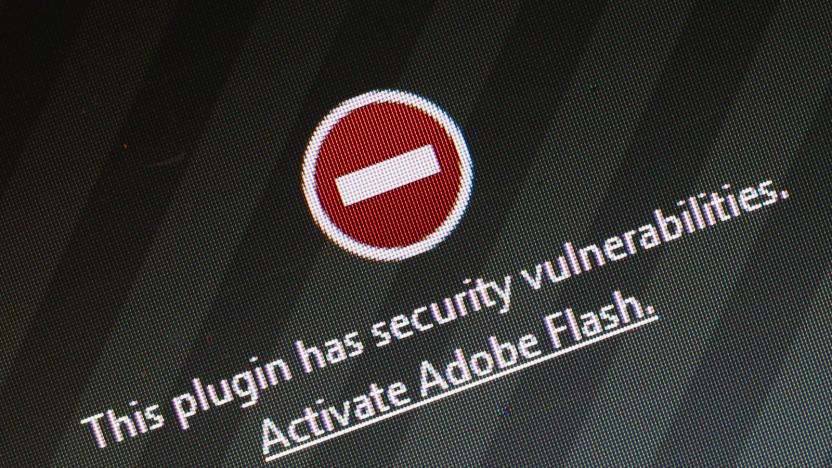
Latest Adobe Flash vulnerability allowed hackers to plant malware
Adobe Flash may be on its way out, but apparently, its goodbye tour is going to be marred by security issues just as the software has for most of its existence. Kaspersky Labs reports that a new Adobe Flash vulnerability was exploited by a group called BlackOasis, which used it to plant malware on computers across a number of countries. Kaspersky says the group appears to be interested in Middle Eastern politics, United Nations officials, opposition activists and journalists, and BlackOasis victims have so far been located in Russia, Iraq, Afghanistan, Nigeria, Libya, Jordan, Tunisia, Saudi Arabia, Iran, the Netherlands, Bahrain, United Kingdom and Angola.

Supreme Court will hear challenge to Microsoft's data privacy case
Microsoft may have won its fight to protect overseas data from American search warrants, but it can't rest easy. The Supreme Court has agreed to hear the Department of Justice's petition to review the case, virtually guaranteeing that the case will set the basis for how US law enforcement can access data abroad. We don't have a court date as of this writing, but the arguments on both sides are already well-established.
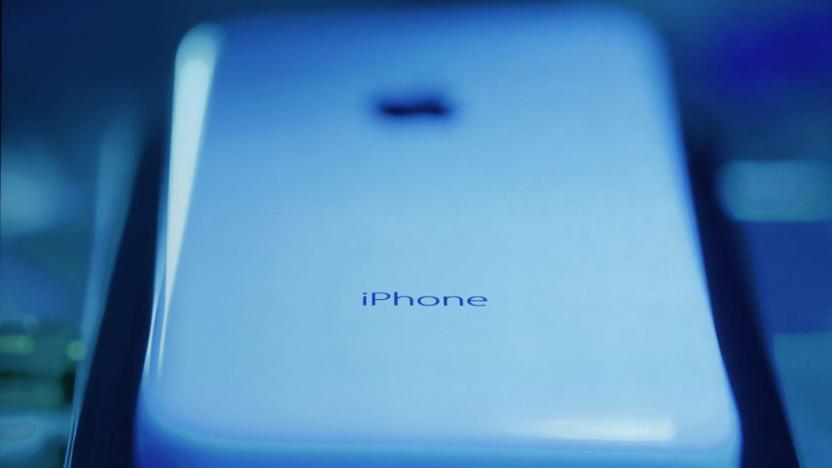
FBI won't be forced to reveal San Bernardino iPhone hacking tool
The Associated Press, USA Today and Vice News have failed in their attempt to reveal the hacking tool the FBI used to access San Bernardino terrorist Syed Farook's iPhone. Judge Tanya Chutkan denied their request in a summary judgment ruling issued late on September 30th, arguing that the risks involved in naming the vendor (and thus the tool) or the price paid are too serious to honor a Freedom of Information Act request. It would make the company a target for retaliatory hacks and exploits that it likely couldn't withstand, Judge Chutkan said, while the price would tell "adversaries" how readily the FBI can use the tool in the future.
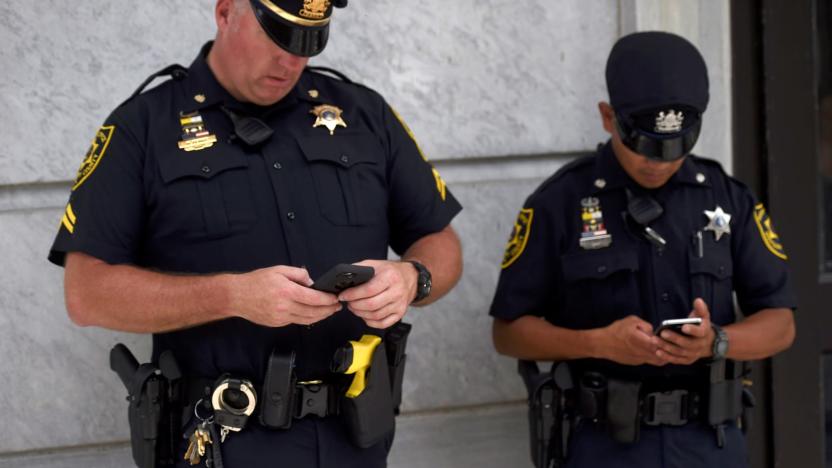
Axon hopes you'll submit smartphone video as evidence
In theory, handing your smartphone video over to the police if you have evidence of a crime is the right thing to do -- it provides accountability and could be the key to a conviction. However, those contributions are about to enter a gray area. Axon (the brand formerly known as Taser) has confirmed that it's working on a "Public Evidence Product" that would let you submit photos and videos to Evidence.com, its cloud platform normally used for police footage. That doesn't sound so bad on the surface, but the handling and potential motivations are raising concerns that this amounts to excessive privatization of the justice system.



